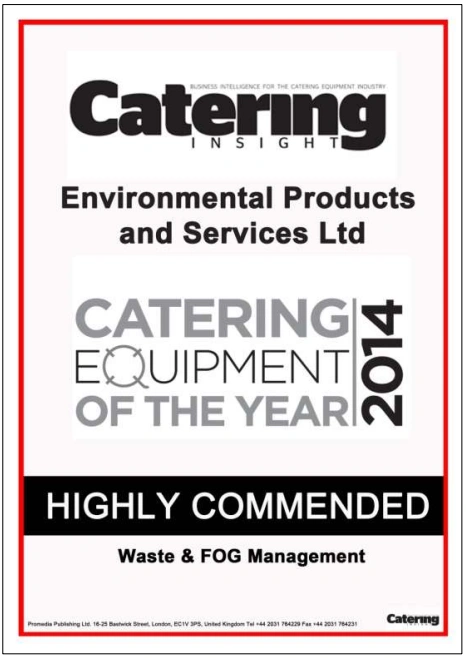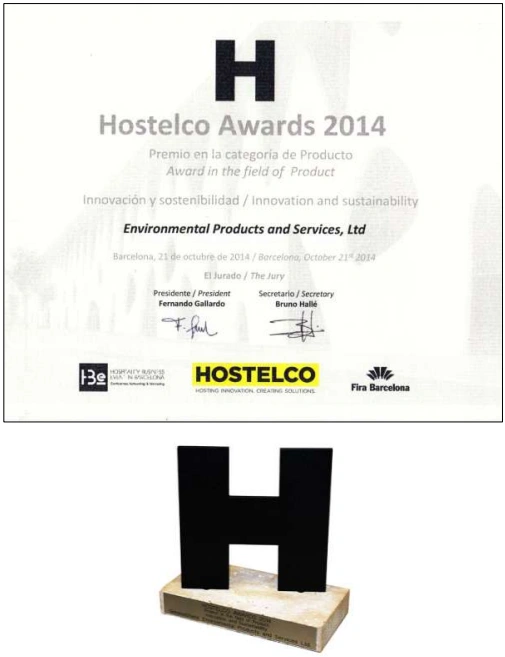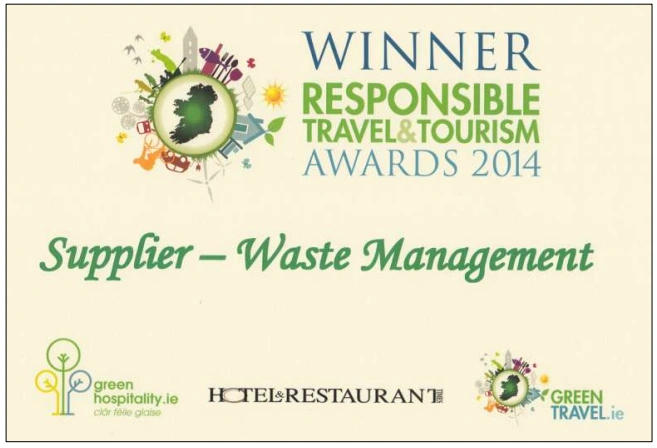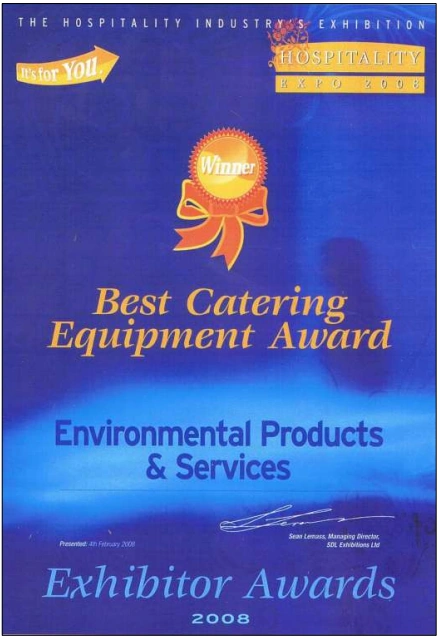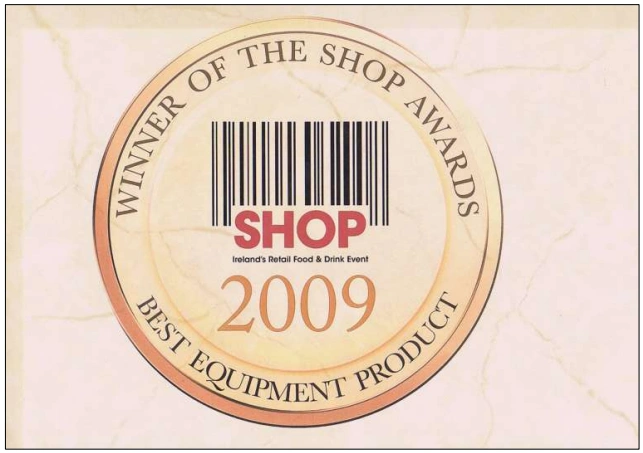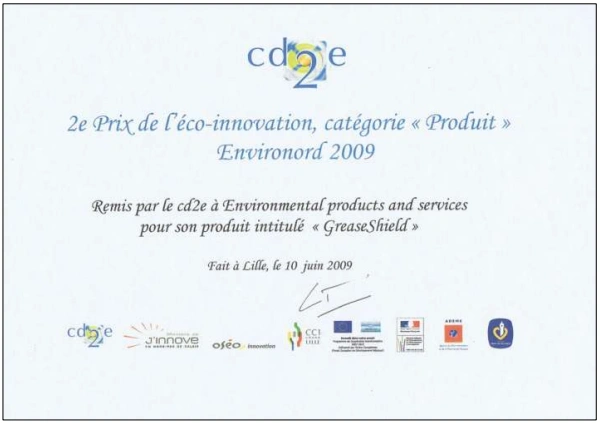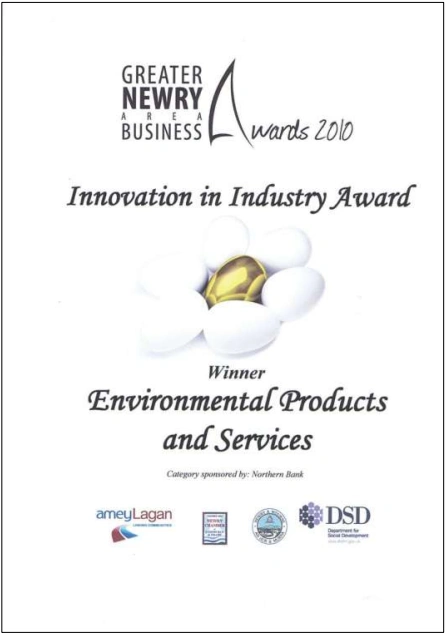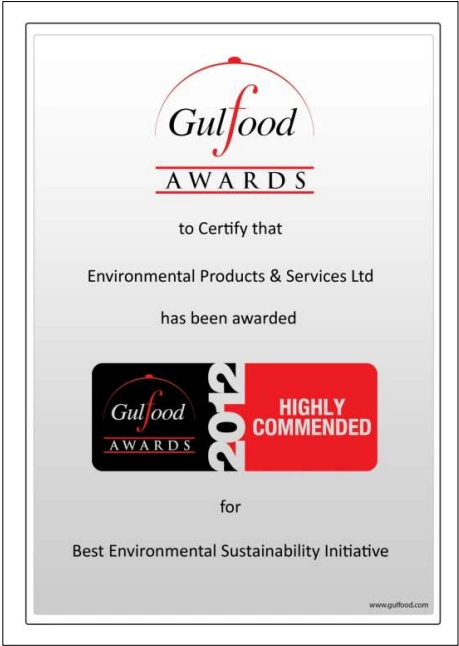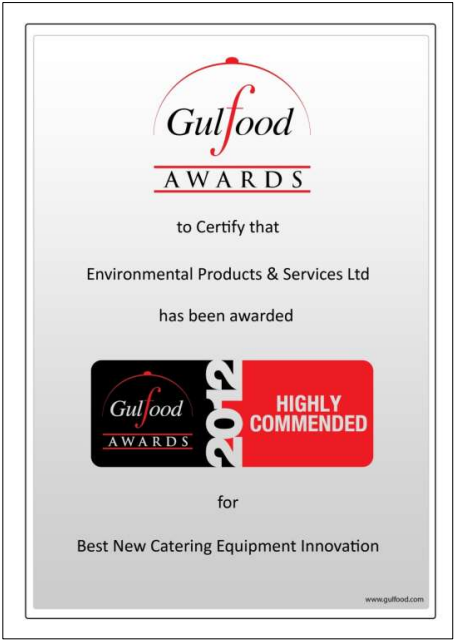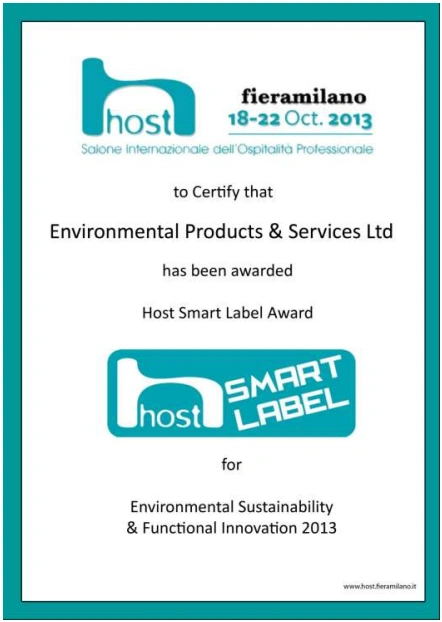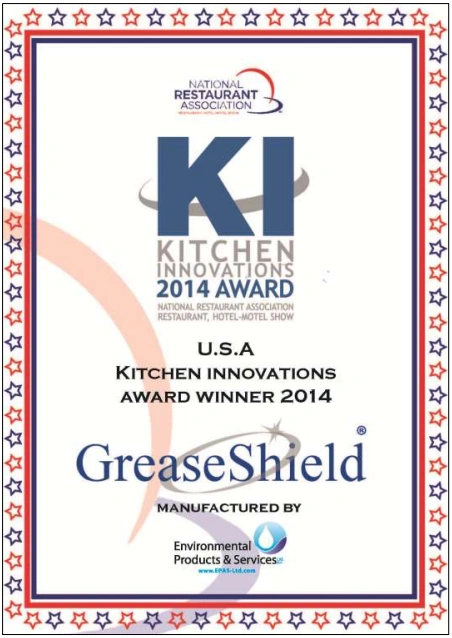Food waste is a significant concern in the restaurant industry, with millions of tons of food discarded each year. Not only does this waste impact the environment, but it also represents a substantial loss of revenue for restaurants. One of the often-overlooked contributors to food waste is the improper management of fats, oils, and grease (FOGs) in the kitchen. This is where GreaseShield® comes in as a transformative solution that not only helps in waste management but also promotes sustainability in restaurants.
Understanding the Problem of Food Waste
In restaurants, food waste can arise from various sources, including over-preparation, spoilage, and customer leftovers. While addressing these issues is essential, managing FOGs is equally crucial. When FOGs are not handled properly, they can clog plumbing systems, leading to costly repairs and increased waste disposal fees. This creates a cycle of waste that restaurants can ill afford.
How GreaseShield® Contributes to Reducing Food Waste
- Intercepting FOGs Before They Enter the Waste System
GreaseShield® effectively captures FOGs at the source, preventing them from entering the wastewater system. By managing grease before it can cause clogs, restaurants can avoid plumbing issues that often result in the need for additional food preparation and disposal due to sanitation concerns. - Enhancing Waste Management Efficiency
By reducing the accumulation of FOGs, GreaseShield® allows for smoother operations in the kitchen. This leads to a more efficient waste management system, enabling restaurants to focus on other strategies for reducing food waste, such as improving inventory management and composting. - Supporting Compliance and Reducing Environmental Impact
Many local regulations require restaurants to manage FOGs to prevent pollution in waterways. GreaseShield® helps restaurants meet these requirements, thereby reducing their environmental footprint. By preventing FOGs from reaching the sewer system, restaurants contribute to cleaner waterways and a healthier ecosystem. - Minimizing Disposal Costs
Clogs and plumbing issues can lead to expensive service calls and increased waste disposal costs. By effectively managing FOGs, GreaseShield® helps restaurants minimize these costs, allowing them to allocate resources toward other important areas of their business. - Promoting Sustainable Practices
With GreaseShield® in place, restaurants can confidently promote their commitment to sustainability. By managing FOGs responsibly, they contribute to reducing overall food waste and enhancing their reputation as environmentally conscious establishments.
Implementing GreaseShield® in Your Restaurant
Adopting GreaseShield® is a proactive step towards reducing food waste and improving sustainability in your restaurant. Here are a few steps to get started:
- Evaluate Your Kitchen Operations: Assess your current waste management practices and identify areas where FOGs may be causing issues.
- Install GreaseShield®: Work with EPAS to integrate GreaseShield® into your kitchen.
- Train Your Staff: Educate your team on the importance of managing FOGs and how GreaseShield® can assist in maintaining a clean and efficient kitchen environment.
- Monitor and Adjust: Regularly review your waste management processes to ensure that GreaseShield® is effectively reducing FOGs and contributing to your overall waste reduction goals.
Take Action Today!
Reducing food waste in your restaurant is a crucial step towards sustainability and profitability. By implementing GreaseShield®, you can manage FOGs effectively, minimize waste, and promote environmentally friendly practices within your establishment.











